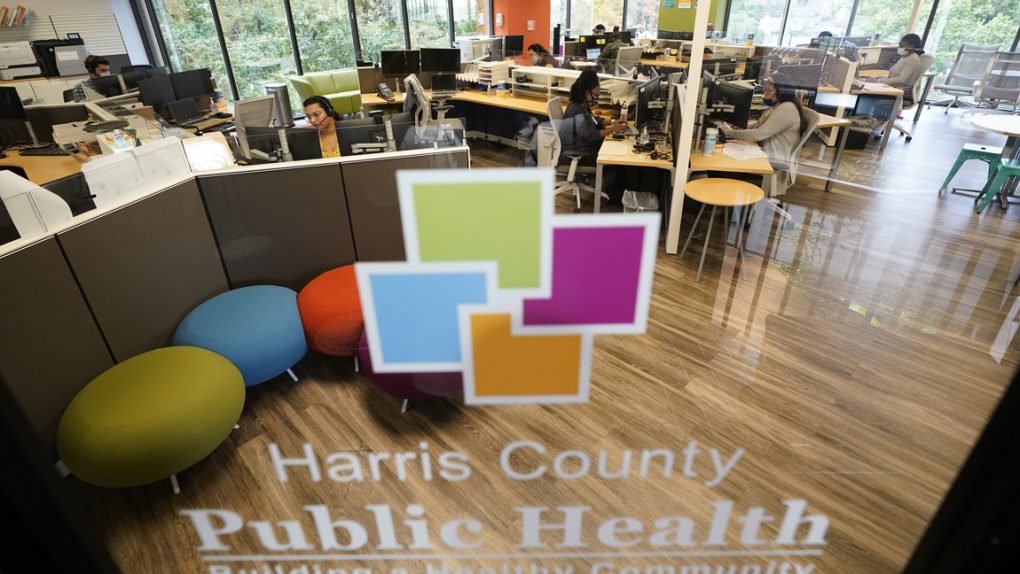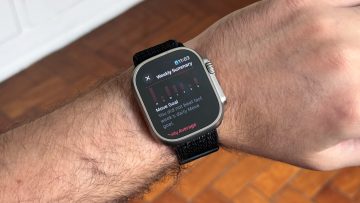- Monday’s coronavirus update for the US continued the depressing drumbeat of negative news, with case records continuing to be broken in the US thanks to states like Florida.
- One reason the coronavirus response in the US has been so lackluster is the lack of uniformity when it comes to technology used by health departments and labs that generate tests.
- The results can be sent by fax, sometimes digitally, or in some other way that creates a bottleneck.
If you had to, you could easily choose one of several iconic images as being most closely associated with the US response to the coronavirus pandemic thus far — anything from scenes of New York City hospital staff dressed in what look to be hazmat suits dealing with overcrowded facilities in the early days of the pandemic to throngs of partygoers and protestors who refuse to socially distance and are opposed to wearing face masks to protect themselves against the virus.
You could also add another image to that list of memorable scenes, however, and it’s one that most people may not be aware of. Picture a fax machine — I know, who even uses them anymore, but just go with it — that’s spraying pages all over the place, like a scene from a movie or a sitcom. That image, that mental snapshot, can actually help partly explain why the US is doing such a terrible job with its response to the coronavirus pandemic right now, even as states around the country continue to set scary new records in terms of coronavirus cases. And with Florida alone now responsible for more cases of the virus than most other countries.
According to The New York Times, that out-of-control fax machine scenario occurred at the Harris County Public Health department in Houston — where, by the way, the coronavirus picture is so grim that an emergency alert went out to everyone in the city on Monday urging them to stay at home so as not to spread or contract the virus.
One of the labs the county’s health department has been working with recently sent back a stack of test results … by fax, which resulted in a bit of a mess for the department. Dr. Umair Shah is the executive director of the health department in the county that encompasses Houston, which has recorded more than 40,000 cases of the coronavirus, and Shah told the NYT doctors sometimes try to fax results to his personal number.
When the faxed test results do successfully come over, they have to be put into an envelope, labeled “confidential,” and physically walked over the to epidemiology department.
Why does that matter? Well, all of that adds needless delay to the time when test results are delivered where they need to go and the county health department can help adjust policy accordingly. But it’s not just that, and it’s not just Houston’s county health department that’s dealing with this. According to The Times, this is happening around the county because of “a reporting system in which some test results arrive via smooth data feeds but others come by phone, email, physical mail or fax, a technology retained because it complies with digital privacy standards for health information.
“These reports often come in duplicate, go to the wrong health department, or are missing crucial information such as a patient’s phone number or address.”
The nature of this pandemic means that the infrastructure around testing for disease in the US has had to ramp up considerably since March, but it’s easier said than done. In normal times, the vast majority of laboratory test results were sent out to public health departments digitally. But the coronavirus pandemic being as massive as it is, now clinics and all kinds of other companies have joined the testing fray, and not all of them had a solid digital ecosystem in place, which is why test results are being delivered in a variety of forms around the country, creating a kind of bottleneck.
Bottom line: In Dr. Shah’s words, this all means “the data is moving slower than the disease.” Definitely something to be mindful of as we and other outlets continue tracking and reporting on the disease (speaking of which, you can catch up on our previous coronavirus coverage here).








